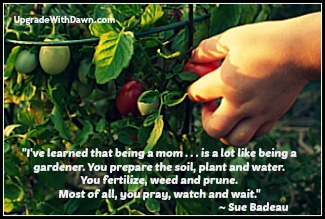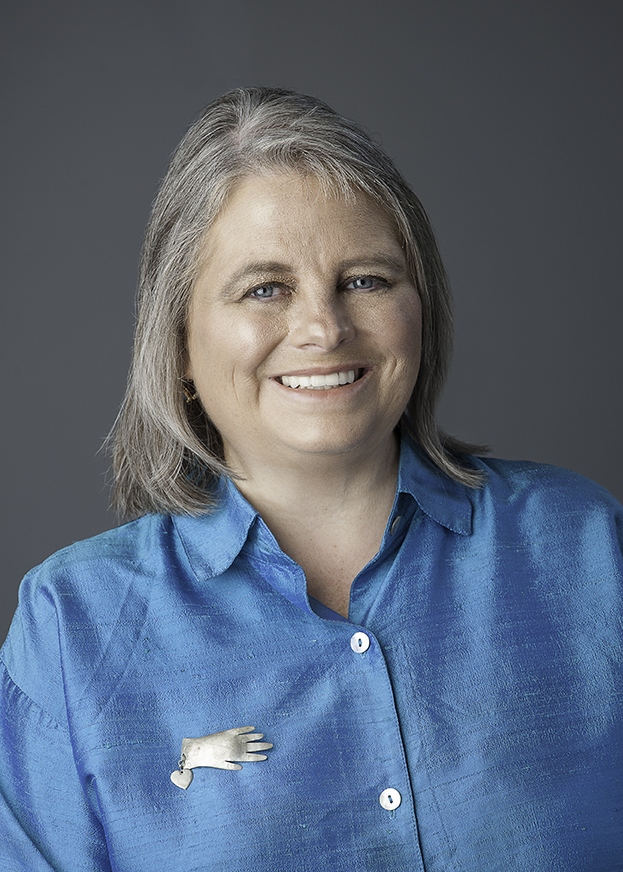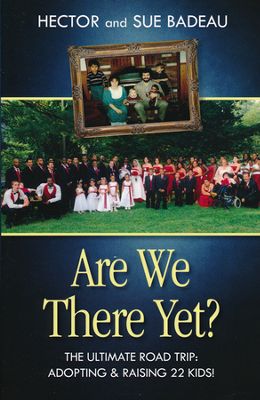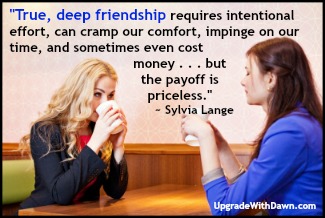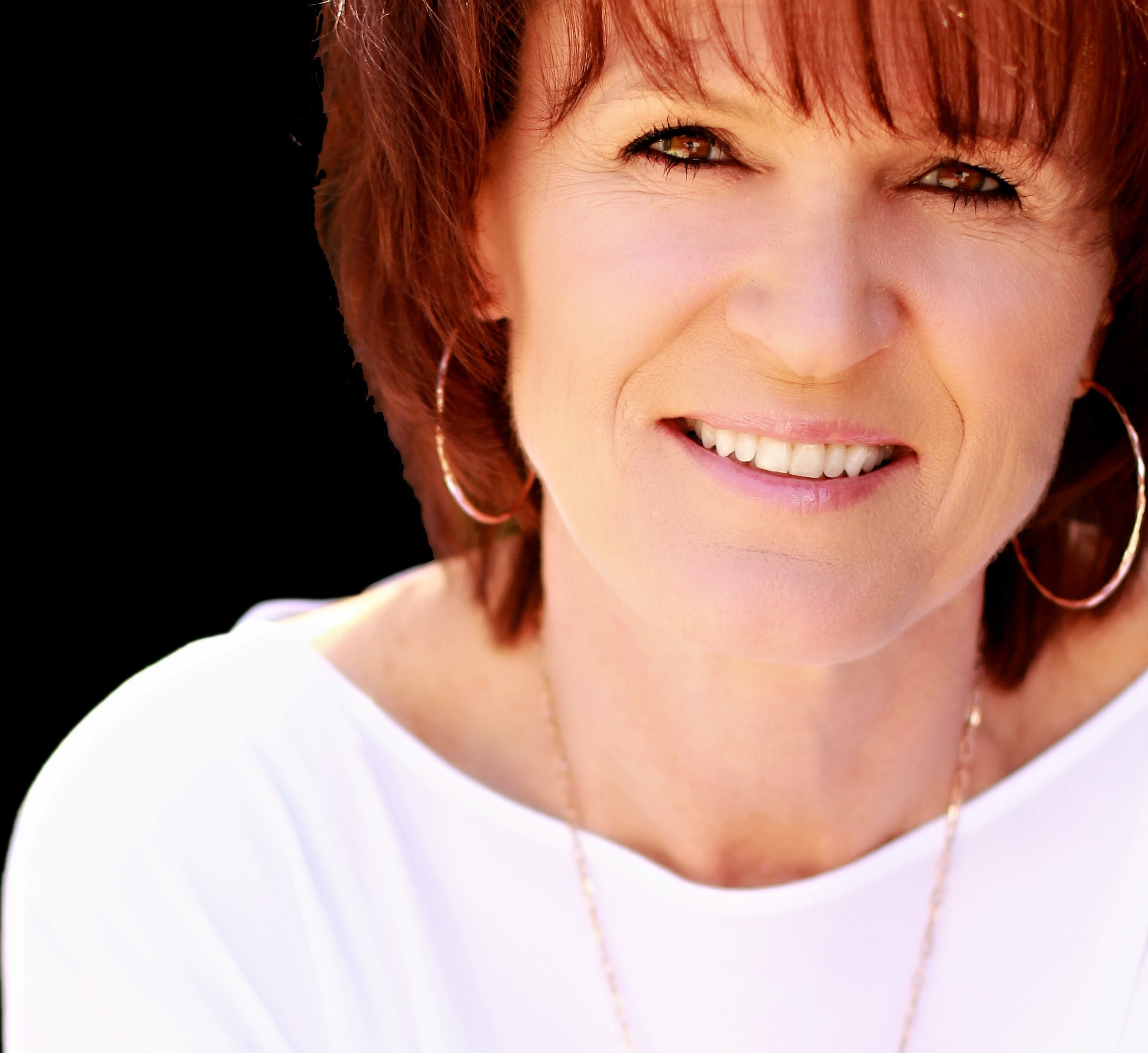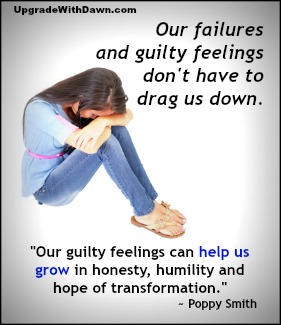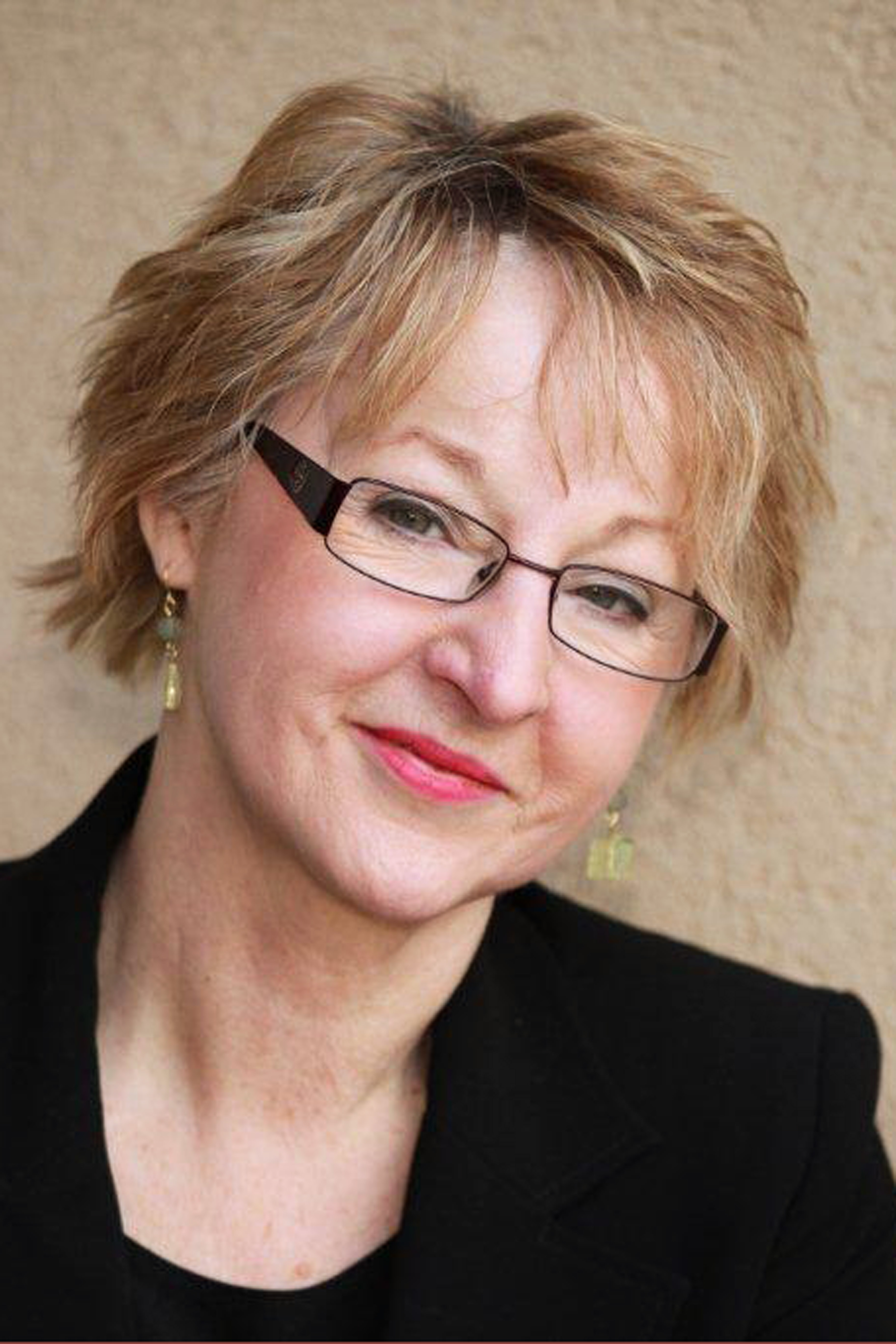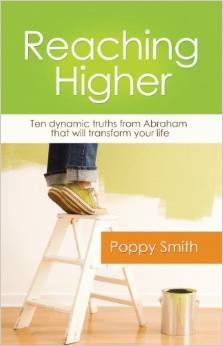How to Earn the Right to Share Your Story
 Maria Keckler is a natural coach. She offers keen counsel to help build bridges in ministry, leadership and personal relationships—an UPGRADE of great importance!
Maria Keckler is a natural coach. She offers keen counsel to help build bridges in ministry, leadership and personal relationships—an UPGRADE of great importance!
“Empathy,” Maria says, “is the ability to stand in our audience’s shoes, see through their eyes, think through their perspective, and feel with their hearts.”
Have you ever seen an empathetic person in action? I (Dawn) have. She was selfless and genuinely concerned, fully engaged—heart and mind. She listened until she understood! “What a gift,” I thought.
Maria continues ...
Jesus is empathy personified. God wrapped himself in flesh and walked the earth as a man and can forever say,
“I know what it’s like to be you. I know how it feels to be tempted, to lose someone you love, to endure rejection and physical pain.”
And isn’t that why you listen to Jesus—to His story? You know He cares about you because He knows what it’s like to be you.
Empathetic Listening Unlocks the Heart
I’ll never forget a time my husband was facilitating a group listening activity in which participants were asked to pair up. The “listener” was instructed to ask personal questions in order to better understand what his or her communication partner cared deeply about. The “listener” had to be attentive and couldn’t interrupt until the person sharing was completely finished.
Half way through the activity, a woman excused herself and walked out of the room. Later, she shared privately that it was out of character for her to be so emotional—especially in public—but it was the first time in her adult life she felt truly heard.
Empathetic listening is a gift and a choice, but one of the most neglected practices today.
When we are:
- Listening in order to have a chance to respond ...
- Listening to quickly insert our own story ...
- Listening to find a “sin” we can address with a Bible story ...
- Listening with contempt ...
... these forms of listening are NOT empathetic listening and will get in the way when we finally get the chance to share our story.
Earning an Invitation to Share
My friend Diane Szuch earns the right to share her story with women whose joy has been stolen and heart has been broken at the feet of sexual abuse, because she first listens to them with extraordinary empathy—and so can you.
What does empathetic listening look like?
The traditional Chinese symbol for listening gives us the clues to empathetic listening. It contains the characters for ears, eyes, attention (mind), heart, and king. In other words, we are to listen fully engaged as in the presence of the king.
characters for ears, eyes, attention (mind), heart, and king. In other words, we are to listen fully engaged as in the presence of the king.
In practical terms…
- Be fully present. Put away the phone.
- Listen with your eyes. Make eye contact, but don’t be creepy about it. Natural eye contact is not a staring contest.
- Listen with your body. Lean in, nod and affirm.
- Listen with your heart. Withhold judgment.
- Convey empathy. Offer neutral but authentic acknowledgement remarks to indicate you are present. (Really! Wow! Mmm ... Oh my!)
- Embrace silence. Silence can be one of the most powerful elements of a conversation, opening doors to vulnerability and intimacy.
There are many times we are ready and eager to share our story, but the right opportunity never seems to come. But you can turn things around today!
How can listening more—and more empathically—help you build a bridge to the hearts of those God has put in your path?
 Maria Keckler has been coaching married couples (with her husband) for more than 15 years. They’re teaching leaders at Shadow Mountain Community
Maria Keckler has been coaching married couples (with her husband) for more than 15 years. They’re teaching leaders at Shadow Mountain Community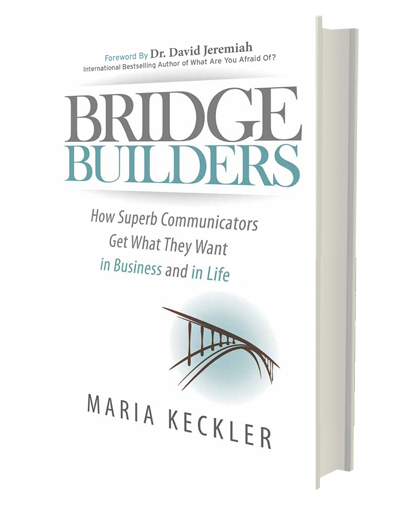 Church. Maria is an executive coach, corporate trainer, and the author of Bridge-Builders: How Superb Communicators Get What They Want in Business and in Life. She invites readers to follow her blog and purchase her book.
Church. Maria is an executive coach, corporate trainer, and the author of Bridge-Builders: How Superb Communicators Get What They Want in Business and in Life. She invites readers to follow her blog and purchase her book.
Graphic adapted, Image courtesy of Serge Bertasius Photography at FreeDigitalPhotos.net.
 1 Comment → Posted on
1 Comment → Posted on  Tuesday, April 28, 2015 at 8:30AM
Tuesday, April 28, 2015 at 8:30AM  Empathetic Listening,
Empathetic Listening,  Empathy,
Empathy,  Listening,
Listening,  Maria Keckler,
Maria Keckler,  Superb Communication,
Superb Communication,  Upgrade with Dawn Upgrade Your Life
Upgrade with Dawn Upgrade Your Life  Career,
Career,  Leadership,
Leadership,  Ministry,
Ministry,  Relationships
Relationships 




